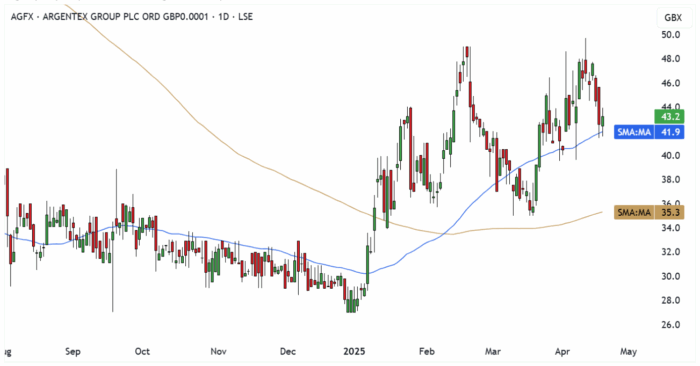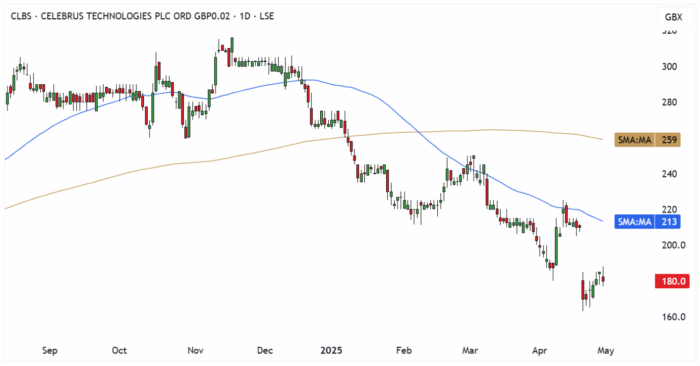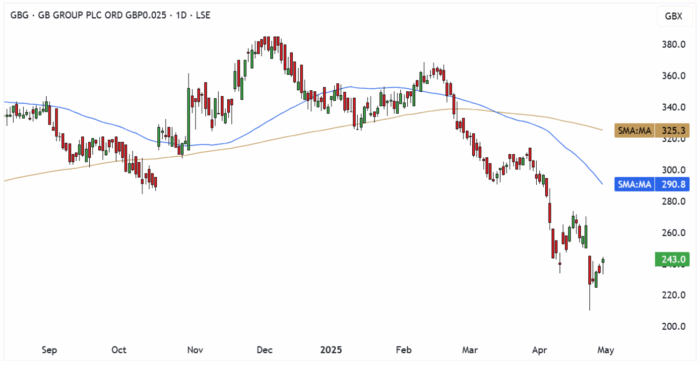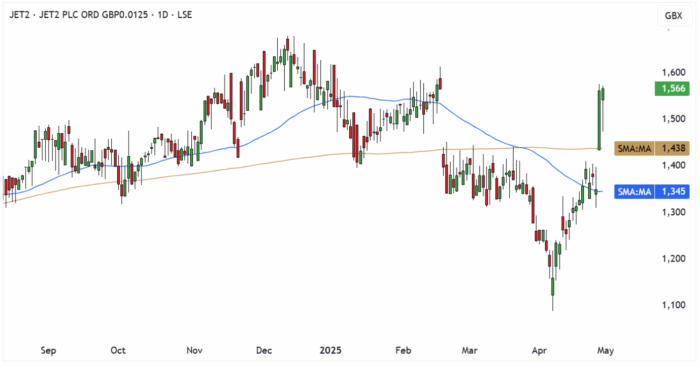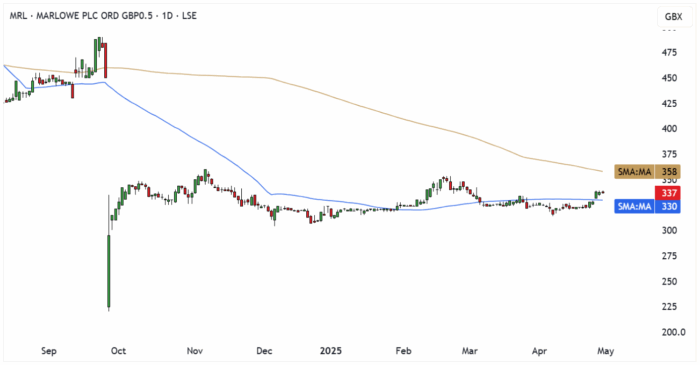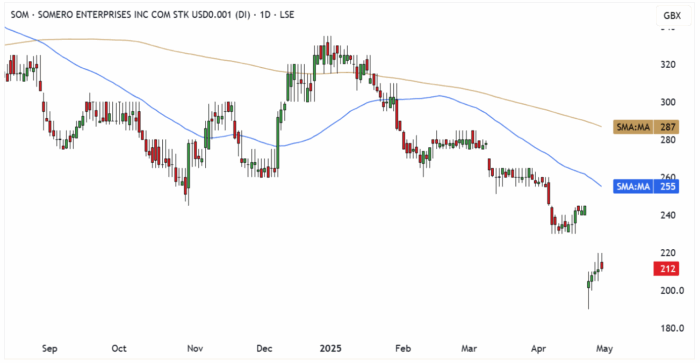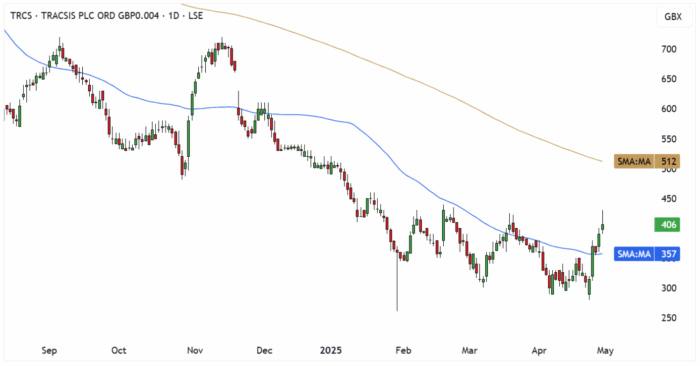1st May 2025. 9.03am

Regency View:
Update

Regency View:
Update
Argentex faces liquidity crunch as IFX emerges with rescue bid
Argentex (AGFX) has been facing serious liquidity pressure, driven by heavy margin calls on its FX forward and options book. That exposure escalated quickly due to recent volatility in the currency markets, leading to a sharp deterioration in their cash position. In a sign of the pressure building behind the scenes, Argentex self-elected to stop trading on the Thursday before Good Friday.
The board has confirmed it’s in advanced discussions with IFX Payments over a possible acquisition of the business. The indicative offer on the table is 2.49p per share. While that’s clearly a distressed valuation, it’s currently the most realistic path being explored to preserve some value for shareholders.
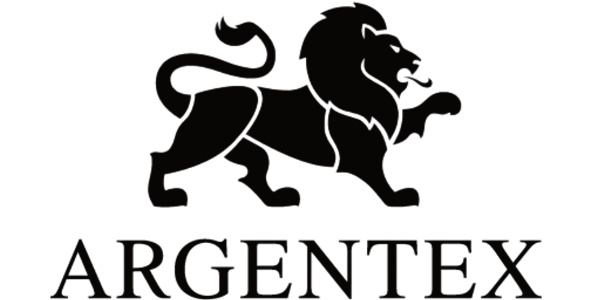
Two other approaches were made — one from a Pollen Street Capital vehicle, and one from Terry Clune and Harry Adams — but both were formally rejected by the board. At the same time, the company is working to finalise a short-term bridging loan from IFX to shore up working capital and keep things afloat while talks continue.
Separately, Jim Ormonde, the CEO, has stepped down. Tim Rudman, previously COO, has stepped up as Interim CEO.
IFX now has until 20 May to make a firm offer or walk away. Discussions are still ongoing, and there’s no guarantee a final deal will be done, but it is currently the most advanced of the options being considered.
We’ll continue to monitor the situation and I’ll keep you posted as soon as we get more clarity on the potential offer or funding agreement.
Celebrus resets revenue outlook
Celebrus Technologies recently issued a full year trading update, revising its revenue expectations down due to delayed customer decisions linked to global uncertainty.
Revenues are now expected to come in at $38.6 million, down from $40.9 million the previous year, although adjusted profit before tax is anticipated to rise to $8.7 million, driven by high-margin software sales and cost control. The company ended the year with a strong cash position of $31 million, helped by the sale of a property in March.
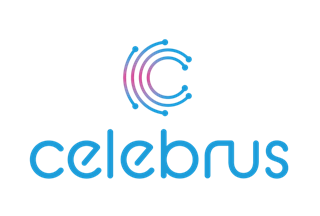
The Board has initiated a review of accounting policies to better reflect the shift toward Celebrus software and services. Going forward, annual recurring revenue (ARR) will exclude non-Celebrus elements and focus solely on revenues from core Celebrus licenses and managed services. This change is intended to give investors a clearer picture of the company’s strategic growth areas.
Looking ahead, the Group expects FY2026 to reflect lower revenue from legacy non-Celebrus contracts, including a restructured partner-led client relationship. Nonetheless, ARR ended FY2025 up nearly 14% at $18.8 million, and the Board sees the new accounting and strategic focus as steps that enhance transparency and better align the business with long-term value creation.
GBG delivers profit growth and strengthens balance sheet
GBG Group (GBG) reported a 3% rise in revenue to £283 million for FY2025, with solid contributions from its Identity and Location divisions despite macroeconomic headwinds. Identity saw growth in EMEA and APAC, while the Americas business showed signs of stabilisation following leadership changes. Location revenues rose over 6% on the back of strong customer retention and channel partnerships, though Fraud revenues fell by 4% due to slower new customer activity and licensing timing issues in the first half.
Adjusted operating profit climbed 10% to £67 million, helped by continued focus on efficiency and business simplification. The company absorbed £4.5 million in exceptional costs tied to these restructuring efforts. Cash conversion remained strong at over 90%, enabling net debt to fall to £48.5 million, down from £80.9 million last year. With undrawn facilities of £100 million, GBG enters FY2026 with significant financial flexibility.
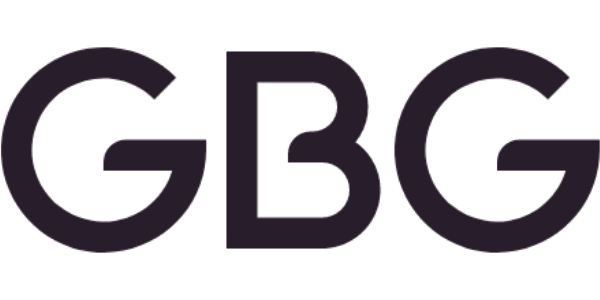
GBG said it is moving forward with a sharper strategic focus, anchored by recurring subscription revenue and robust net revenue retention. Recent innovation highlights include the launch of GBG Go, a unified global identity platform designed to simplify digital trust for businesses. This product is central to GBG’s evolution into a single global brand and team as of April 2025.
CEO Dev Dhiman praised the team’s progress and highlighted GBG’s readiness to pursue long-term growth opportunities. While near-term growth may be tempered by tariff-related uncertainty, the company’s new unified platform and refreshed purpose set the stage for stronger execution. Further strategic initiatives will be unveiled in June to build on this momentum.
Jet2 takes off as £250m share buyback boosts confidence
Jet2’s (JET2) share price surged higher on Tuesday following a confident trading update and the announcement of a substantial £250 million share buyback. The leisure travel group expects to deliver a profit before tax and foreign exchange of between £565 million and £570 million for the year to 31 March 2025—up 9% from the previous year and in line with market expectations. That figure excludes a £10 million profit from the sale of retired aircraft, highlighting the strength of the core business. The buyback, which will see shares cancelled to enhance earnings per share, reflects the Group’s strong balance sheet and commitment to disciplined capital allocation.
Jet2 enters the new financial year with momentum, underpinned by £3.2 billion of total cash, including £1.1 billion of “own cash” (excluding customer deposits). The company has already invested heavily in its growth strategy, purchasing new aircraft and launching two new operating bases at Bournemouth and London Luton. Encouraging booking trends at both locations, alongside an 8.3% increase in summer 2025 seat capacity, signal management’s confidence in forward demand, even as the sector navigates macroeconomic uncertainty and a late booking pattern.
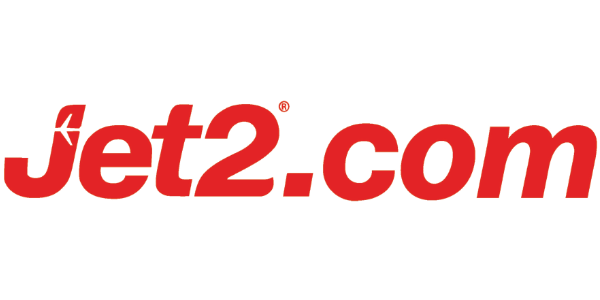
Operational readiness also appears robust heading into the peak travel season. Jet2 confirmed it has secured the necessary aircraft and fully trained staff to deliver its high-touch, end-to-end holiday experience. Importantly, the Group is over 95% hedged on fuel and foreign exchange for the summer and 100% hedged on carbon emissions, providing crucial cost visibility. While a slightly higher flight-only mix is noted due to later bookings, average pricing across both holidays and flights remains stable to modestly higher—helping to absorb input cost inflation.
Management remains cautious on forward guidance given limited visibility at this stage of the booking cycle, but the tone remains upbeat. With continued investment in its customer proposition and a focus on balancing pricing, load factor and product mix, Jet2 is positioning itself to navigate market volatility and extend its track record of consistent growth. The announcement of a sizeable buyback only strengthens the message to shareholders: this is a business confident in its cash flow, market position, and long-term strategy.
Marlowe sharpens focus as streamlined strategy begins to deliver
Marlowe (MRL) has emerged from a transformative year with a leaner, more focused business and a solid set of financial results that reflect both operational strength and disciplined capital allocation. Revenue from continuing operations is expected to come in at approximately £305 million for the year ending 31 March 2025, with adjusted EBITDA of around £32.5 million and adjusted profit before tax ahead of expectations at £18.5 million. These figures underscore the success of a reshaped portfolio now concentrated exclusively on the Testing, Inspection and Certification (TIC) markets—specifically Water & Air Hygiene and Fire Safety & Security—following a series of divestments and the demerger of its Occupational Health division.
This strategic simplification was matched by significant returns to shareholders. A special dividend of £150 million was paid in July 2024, and a £75 million share buyback programme—launched in May—is now close to completion. Combined with strong cash generation and a year-end net cash position of £22 million, Marlowe’s financial footing looks solid. The Group’s £50 million debt facility remains undrawn, offering optionality for future growth without leverage pressure.
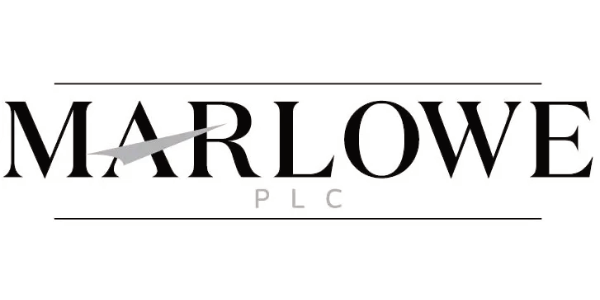
Operationally, the integration programme wrapped up on schedule by 30 September 2024, and all associated costs related to restructuring have been absorbed. A non-cash charge of £3.1 million is expected at year-end as a result of a detailed review of legacy balances in the Water & Air Hygiene segment. While this will affect reported FY25 results, management was clear that it does not impact the underlying health or cash flow of the business. This clean-up process appears to signal a fresh chapter for the group, focused squarely on execution and margin improvement.
That clarity of focus also extends to growth. Marlowe announced the bolt-on acquisition of SludgeTek, a wastewater specialist generating £1.7 million in EBITDA on £5.3 million of revenue. The £6.2 million deal is expected to integrate smoothly and strengthens the Group’s rental solutions offering in Waste Management and Manufacturing. With a pipeline of further bolt-ons under review and a strong balance sheet to support them, Marlowe is positioning itself to consolidate its leadership in resilient, regulation-driven markets.
Somero tightens the screws as market headwinds weigh on 2025 outlook
Somero (SOM) has lowered its full-year revenue and profit expectations after a softer-than-anticipated Q1, as elevated US interest rates and broader macroeconomic uncertainty weigh on capital investment decisions. The group now forecasts revenue of around $105 million for FY2025 (down from a $113.6 million consensus), with EBITDA expected to come in at $24 million. While customers continue to report strong bidding pipelines, delays and deferrals in project starts are creating friction in the near-term trading environment.
US non-residential construction—Somero’s largest market—remains active across structurally important sectors such as data centres, logistics, and clean energy infrastructure. But uncertainty around trade and immigration policies, coupled with persistently high rates, has led to project slowdowns. As a result, management has moved swiftly to right-size the cost base. Around 15% of the operational workforce has been cut, targeting only those areas directly affected by lower sales volumes.
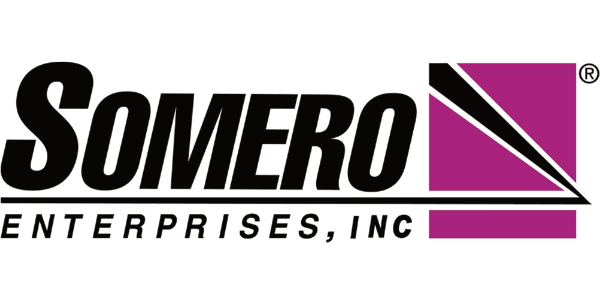
Somero’s lean business model allows for this type of flexibility, and the cost reductions—alongside tighter controls on variable expenses—are designed to cushion the EBITDA impact from reduced sales. Importantly, customer-facing and strategic growth roles have been protected, reinforcing the company’s intention to keep investing in product development and long-term expansion opportunities even while navigating near-term turbulence.
Despite the downgrade to expectations, Somero remains in a strong financial position, with year-end cash still expected to be around $28 million. CEO Tim Averkamp struck a confident tone, pointing to the underlying health of core markets and the company’s proven ability to manage through cyclical downturns. With a conservative approach to cost and a clear commitment to its long-term strategy, the business looks well-placed to bounce back once conditions stabilise.
Tracsis navigates first-half setbacks
Tracsis reported a softer first half of FY2025 as three temporary but impactful headwinds dragged down profitability, despite stable revenues and a growing base of recurring income. Revenue was broadly flat at £36.3m, but adjusted EBITDA fell 33% to £3.8m, with margins slipping to 10.5%. Management pointed to a 57% drop in Remote Condition Monitoring sales tied to CP7 funding delays, a cyber-attack at a major UK transport authority that halted contract awards for four months, and margin pressure in Traffic Data and Events from higher input costs.
Even so, the fundamentals remain intact. Cash generation was healthy, with the Group holding £22.1m at the half-year mark—up from £16.8m a year ago—and Tracsis has launched a £3m share buyback. The dividend was raised by 9%, reinforcing the company’s confidence in its long-term positioning.
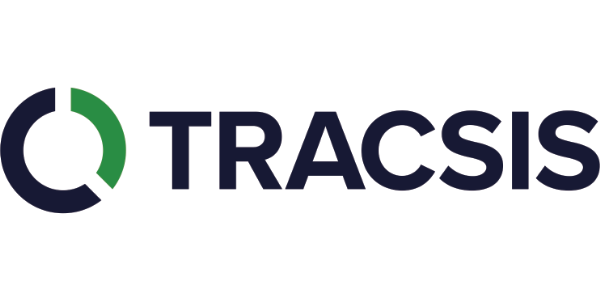
Recurring software revenues continue to build momentum, with licence income from Rail Technology & Services up 7% to £10.0m and PAYG/delay repay transactional income up 18% to £2.0m. Strategic deployments in the UK and US are driving this growth, with the first intercity TRACS Enterprise roll-out now complete, alongside US traction for its train dispatch software. Meanwhile, consumer-facing smart ticketing platforms and RailHub safety software are gaining traction with national operators and infrastructure providers.
Looking ahead, the near-term outlook remains constrained by ongoing uncertainty in the UK rail market, and the potential knock-on effects of new US tariffs are still unclear. Without further large contract wins, adjusted EBITDA for the year is expected to land between £12.5m and £13.5m.
Still, Tracsis appears focused on the right levers—high-margin software, growing recurring revenue streams, and expanding internationally. Management remains upbeat about H2, which typically sees higher levels of activity, and the longer-term strategic growth drivers remain firmly in place.
Disclaimer:
All content is provided for general information only and should not be construed as any form of advice or personal recommendation. The provision of this content is not regulated by the Financial Conduct Authority.

